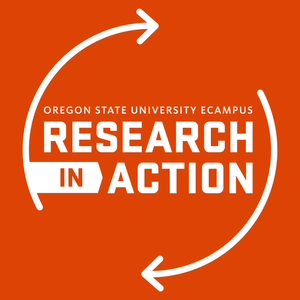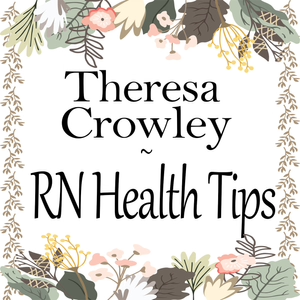
Anti-Waffle Podcast with Dr Chris Smith
07/17/19 • 22 min
In this concise and intriguing podcast, we’re introduced to emerging technologies in biomedical research that offer alternative methods, and which promote the 3Rs of animal testing: Replace, Reduce, Refine. Recent Post Grad Dr Chris Smith talks about his experiments in 3D Organotypic Modelling (manufacturing human tissue) – of both skin and gum tissue, testing their differences in wound healing. We learn about what his findings could mean for improving surgery and other wound recovery times, and hear about other technological developments, such as the Organ-on-a-chip that ‘looks like the future’ of biomedical experimentation.
In this concise and intriguing podcast, we’re introduced to emerging technologies in biomedical research that offer alternative methods, and which promote the 3Rs of animal testing: Replace, Reduce, Refine. Recent Post Grad Dr Chris Smith talks about his experiments in 3D Organotypic Modelling (manufacturing human tissue) – of both skin and gum tissue, testing their differences in wound healing. We learn about what his findings could mean for improving surgery and other wound recovery times, and hear about other technological developments, such as the Organ-on-a-chip that ‘looks like the future’ of biomedical experimentation.
Previous Episode

Anti-Waffle Podcast with Dr Yogini Jani
What do you see when you think of a Pharmacist? A high street dispensary, perhaps? In this episode Dr Yogini Jani, Health Foundation Improvement Science Fellow and consultant Pharmacist at University College Hospitals London, shows us another side to Pharmacy and discusses her research that explores complex factors that influence behaviours and decisions around dispensing our precious, essential and life saving medicines; penicillin antibiotics.
Next Episode

Anti-Waffle Podcast with Professor Nora Groce
The hidden 1 billion. Despite being 15% of the world’s population; where one in every four households in the world has a person with a significant enough disability for it to make a difference to their everyday life, people with disabilities often remain marginalised, invisible, and the last in line when it comes to international development or global health or human rights efforts. But things are changing - with some help from Professor Nora Groce and colleagues at the Disability Research Centre at UCL. In this episode we hear about efforts to include disability in the Sustainable Development Goals, and about Nora’s part in the development of the UN Convention on the Rights of Persons with Disabilities (CRPD). The question is; ‘what is the everyday experience for people living with a disability in their local environment? And what could be achieved if instead of expecting people with a disability to adapt to the world as it is, we considered how we can adapt the things we do, to be inclusive for people with disabilities?’
If you like this episode you’ll love

Research in Action | A podcast for faculty & higher education professionals on research design, methods, productivity & more

How To Love Lit Podcast

RN Health Tips from Theresa Crowley RN, for Motivation | Personal Development | Coaching

How to Spanish Podcast

Here to Thrive ® | Self Help & Personal Development
Episode Comments
Generate a badge
Get a badge for your website that links back to this episode
<a href="https://goodpods.com/podcasts/anti-waffle-podcast-53489/anti-waffle-podcast-with-dr-chris-smith-2714180"> <img src="https://storage.googleapis.com/goodpods-images-bucket/badges/generic-badge-1.svg" alt="listen to anti-waffle podcast with dr chris smith on goodpods" style="width: 225px" /> </a>
Copy